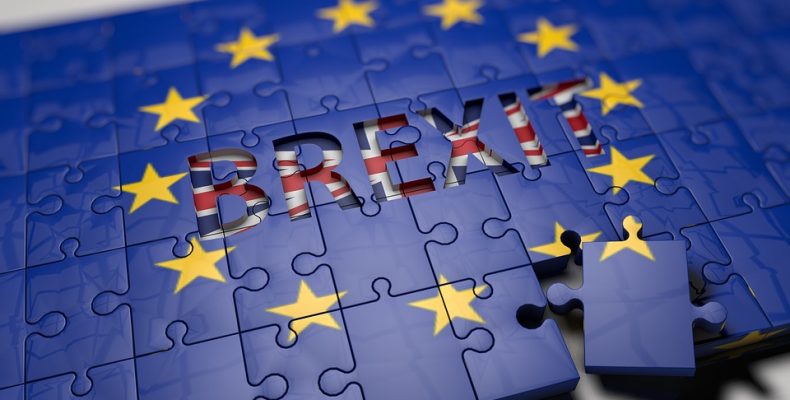
EU issues Draft Agreement on trade marks status post-Brexit
On 19th March 2018 the UK and the European Commission issued a Draft Agreement on the withdrawal of the UK from the European Union (see here). Text that has been agreed upon is highlighted in green.
The Draft Agreement makes it clear that although the UK is due to leave the European Union on 29th March 2019 there will be a transition period, due to end on 31st December 2020, throughout which EU law will still apply within the UK. The implication of the transition period is that it will largely be ‘business as usual’ for Intellectual Property Rights until 31st December 2020, whereupon the following changes will take place.
The Draft Agreement sets out that at the end of the transition period the proprietor of any registered European Trade Mark (‘EUTM’) will become the owner of a comparable UK Trade Mark (‘UKTM’) without re-examination of the same. The renewal date of this daughter right will remain the same as the original EUTM, as will the filing date and/or any priority date. This means that, as expected, proprietors will be able to retain the same date of protection for their mark in the UK. Still to be agreed upon is the procedure for granting this daughter right, i.e. whether any cost or action will be required from the proprietor. However, it is the Commission’s position that this should be free of charge and without an administrative burden placed upon the proprietor.
The position is slightly different for EUTM applications, where it is clear that the burden will rest with the trade mark proprietor. Proprietors of EUTM applications which are still pending at the end of the transition period will have nine months from the end of the transition period to file a UKTM application for the same mark and goods and services in order to benefit from the same filing and/or priority date as the corresponding EUTM application.
In terms of International Registrations, so long as the proprietor has obtained protection for an EU designation before the end of the transition period, then they shall enjoy protection in the UK. It is not currently clear how this will work; however, the ball seems to be firmly in the UK’s court.
An important point to note for proprietors of registered EUTM rights (or EU designations of International Registrations) is that, following the transition period, the EU IPO will not recognise the use or reputation of an EUTM which is based on use in the UK. Likewise, the UK IPO is unlikely to recognise use or reputation of a UKTM if this is founded on use of the original EUTM outside of the UK. However, until the end of the transition period, relevant registrations will not be able to be challenged on this basis, i.e. an EUTM will not be able to be challenged on the grounds that it has only been used in the UK.
Proprietors of current EUTMs should be making preparations throughout the transition period to ensure that their marks are being used both in the UK and in EU territories outside the UK so that their EUTM and their daughter UKTM may benefit from any reputation and so that neither mark is vulnerable to non-use cancellation. As part of this, proprietors may wish to re-register to address any weaknesses in their portfolio.
Although it is now clear that, as we predicted, a mechanism will be established to ensure that proprietors of EUTMs will not lose their UK rights, some clients may still wish to proceed by duplicating their protection in the UK and EU. If clients do wish to proceed with an EUTM application and a duplicate UKTM application then at Barker Brettell we have a special ‘Brexit’ rate in place. This will also apply for routine filings which replicate current EUTMs which we have on our books. For further details, please contact Tracy Arch or Becky Knott, or your usual trade mark attorney.
Inevitably, the closer we get to December 2020, the greater the pressure there will be on the UK and EU IPOs to process applications. Therefore, to be certain that a UKTM application goes through to grant it may be best to file by mid to late 2018.
The European patent system is unchanged as the European Patent Office (EPO) is not an EU institution and already covers many countries that are not part of the EU.



